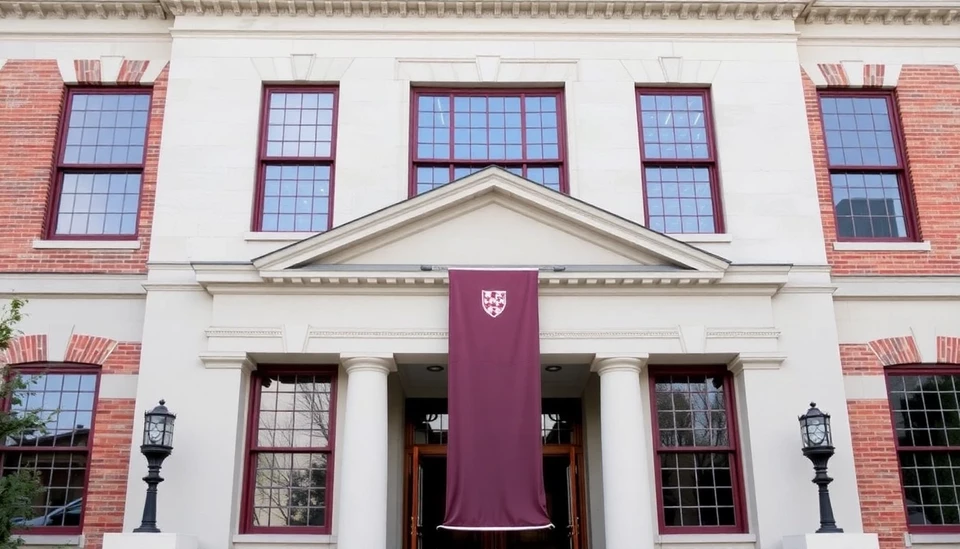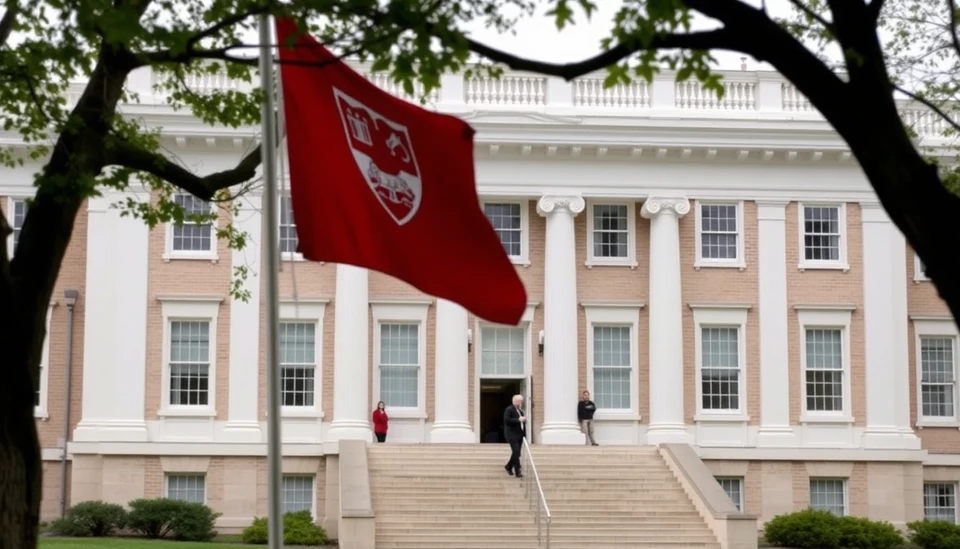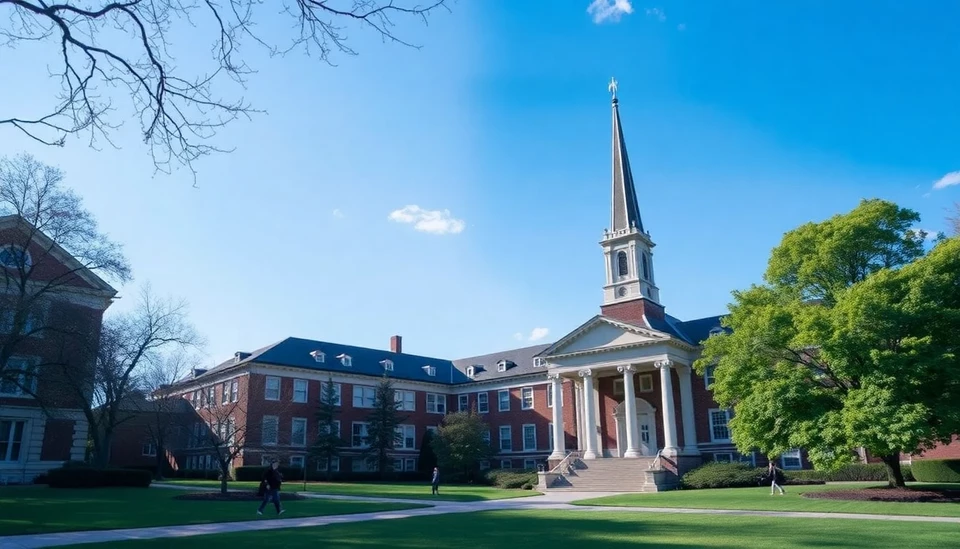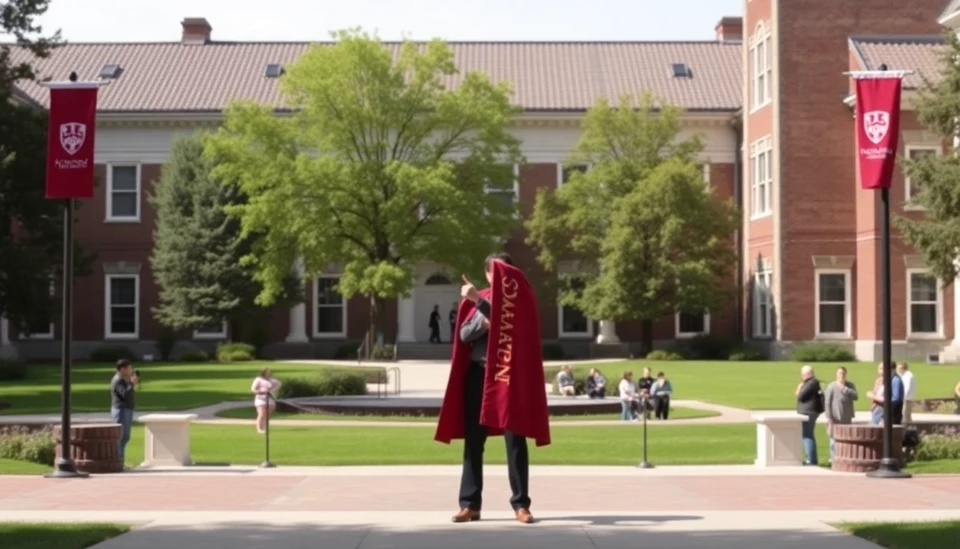
In a surprising move that has sparked conversations within political and academic circles, Harvard University has recently hired a lobbying firm that has ties to Mark Meadows, who served as Chief of Staff under former President Donald Trump. The decision signals a strategic maneuver by the prestigious institution to navigate the complex political landscape in Washington, D.C.
Despite the politically charged atmosphere surrounding academia and the influence of governmental policies on educational institutions, Harvard's choice to work with this particular lobbying group reveals an intent to enhance its advocacy efforts. The firm, linked to Meadows, is known for its connections and experience in lobbying for various interests, which could potentially align with Harvard's objectives.
Sources familiar with the university's strategy argue that the involvement of such a firm is particularly relevant in light of impending legislative changes that could impact higher education funding and policy. By enlisting the support of experienced lobbyists, Harvard aims to ensure that its voice is heard amidst a complex array of political challenges, including ongoing debates regarding student loans, research grants, and educational reforms.
Critics of the move have pointed out the potential ideological contradictions of collaborating with a firm closely associated with the previous administration, given the stark differences in perspectives on key issues like immigration and climate change. This collaboration may provoke backlash from those who view it as an endorsement of certain political ideology, leading to a broader discussion about the role that elite institutions play in political engagement.
Harvard has maintained that its mission is to secure resources and support that will ultimately benefit its academic community and enhance its contributions to society. However, the implications and perceptions surrounding this relationship with a firm tied to Trump-era politics will likely be scrutinized in both academic circles and beyond.
As the political landscape continues to evolve, it remains to be seen how this collaboration will unfold and its impact on Harvard's policies and public image. Stakeholders within the university are keenly observing developments, ready to adapt to a landscape that is increasingly influenced by political affiliations and lobbying efforts.
The decision underscores a growing trend where universities are getting more involved in lobbying to protect their interests in a climate where funding and regulatory scrutiny are ever-increasing. This hiring could set a precedent for other universities grappling with similar issues, as they also navigate the waters of political advocacy.
As Harvard embarks on this new partnership, the academic community watches with interest to see how this will influence both its advocacy efforts and its standing in an increasingly polarized political environment.
For more updates on this developing story, stay tuned as we continue to report on how higher education institutions engage with political lobbying efforts.
#Harvard #MarkMeadows #Lobbying #TrumpAdministration #HigherEducation #PoliticalAdvocacy #PoliticsInEducation #CollegeLobbying #EducationPolicy #HarvardUniversity
Author: Samuel Brooks




